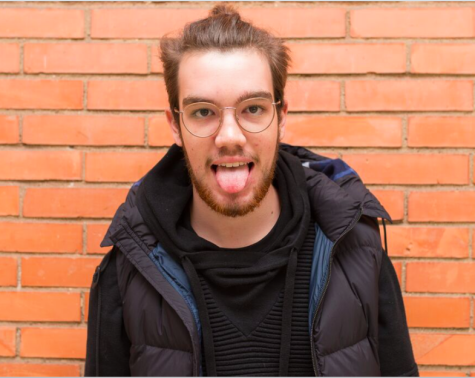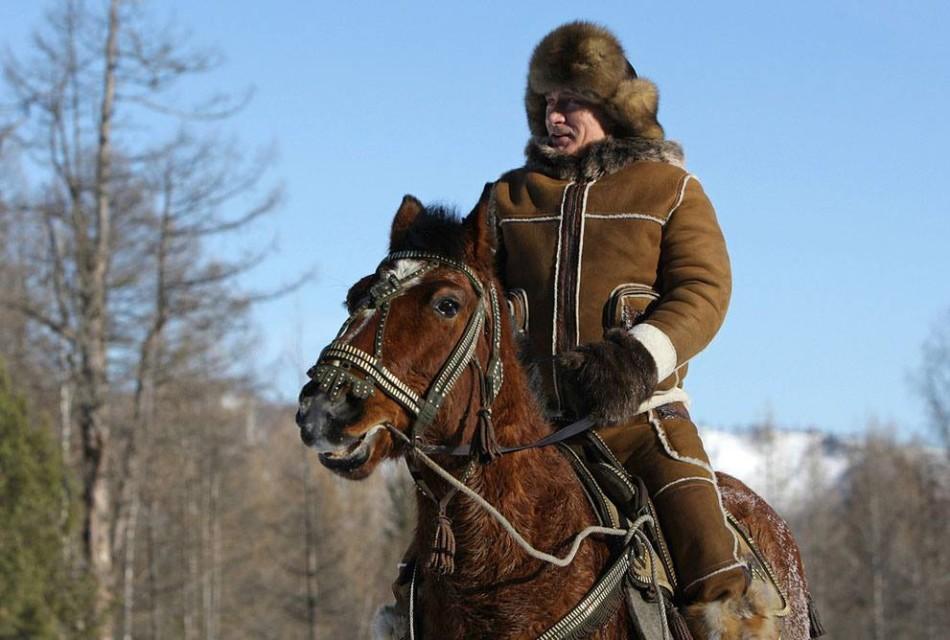A divided Ukraine and a poised Putin
Ukraine now faces a time of peril even more intense than when President Vladimir Putin invaded Crimea. The country must decide on whether Ukraine will lift itself out of the mud or be stepped on by Russian soldiers as they take over. At the moment Ukraine has no elected leader as the current interim president Oleksandr Turchynov was simply chosen by parliament to replace Viktor Yanukovych, the former prime minister who fled, though Turchynov does not represent the Ukrainian people’s will. Furthermore, it is hard to decipher what the Ukrainian people actually want since the country is divided. As a result of this mayhem, who is taking advantage of the situation? Putin.
Yanukovych, Ukraine’s former impeached president, was the main cause of Ukraine’s largest protests, known today as the Maidan. After Yanukovych’s impeachment, Putin seized the opportunity to take Crimea and claim it as Russian territory. However, the situation brightened as the Russian army slowly retreated their forces after the annexation of Crimea. Yet, Ukraine has no democratically elected leader at power, with presidential elections only scheduled for the end of May, and while the Ukrainian people wait anxiously for the elections, Putin prepares his forces to once again seize a great opportunity. Ukraine now possesses two strong candidates for presidency: Yulia Tymoshenko, a former Ukrainian prime minister imprisoned by Yanukovych, and Petro Poroshenko, the current favorite according to Ukraine’s presidential polls. Poroshenko’s motto and main goal is to go against corruption which he states is the main reason for the Maidan revolution: “[Fighting corruption] is the only way to glue the country together. Maidan was an anti-criminal and anti-corruption revolution.” However, while Poroshenko’s intent to fight corruption would benefit Ukraine, he himself has committed some dirty deeds, seen with his connections with shady gas deals between Russia and Ukraine and his association with some key financial contributors recently imprisoned by the United States government for fraudulent business deals.
Ukraine is divided for other reasons, increasing its instability. The east is mostly pro-Russian whereas the west is more pro-Western. Eastern Ukraine associates as Russian, as their main language is Russian, and many citizens are also Russian Orthodox, meaning that their religious leader is the Orthodox pope in Russia. This linguistic and religious difference has led to a lot of controversy between the Ukrainian people, especially when it comes to the topic of centralizing the government. Pro-Western eastern Ukrainians favor decentralization of the government so that more power can be distributed to the regions of the country, rather than being concentrated in the capital, Kiev, located in the country’s West. On the other hand, Western Ukrainians prefer a centralized government since it would be capable of forming economical and political deals with the rest of Europe, rather than Russia.
Thanks to this division and instability, Russia is in a win-win situation. With support of those in the eastern region, Putin is craftily pitting Eastern Ukraine against Western Ukraine in hopes of generating civil war. Such a conflict would serve as a pretext for Russian invasion which Putin has been pursuing inconspicuously. Thus, the leaders of Ukraine face a daunting paradox: Trying to hold the country together could lead to a conflict that splits Ukraine apart. And Putin salivates at the idea of restoring the former Soviet Territory to the Motherland.
Source: economist.com

This is Pedro’s third year in The Talon. He believes that being a senior grants him the power to boss people around and show off his authoritarian nature....










